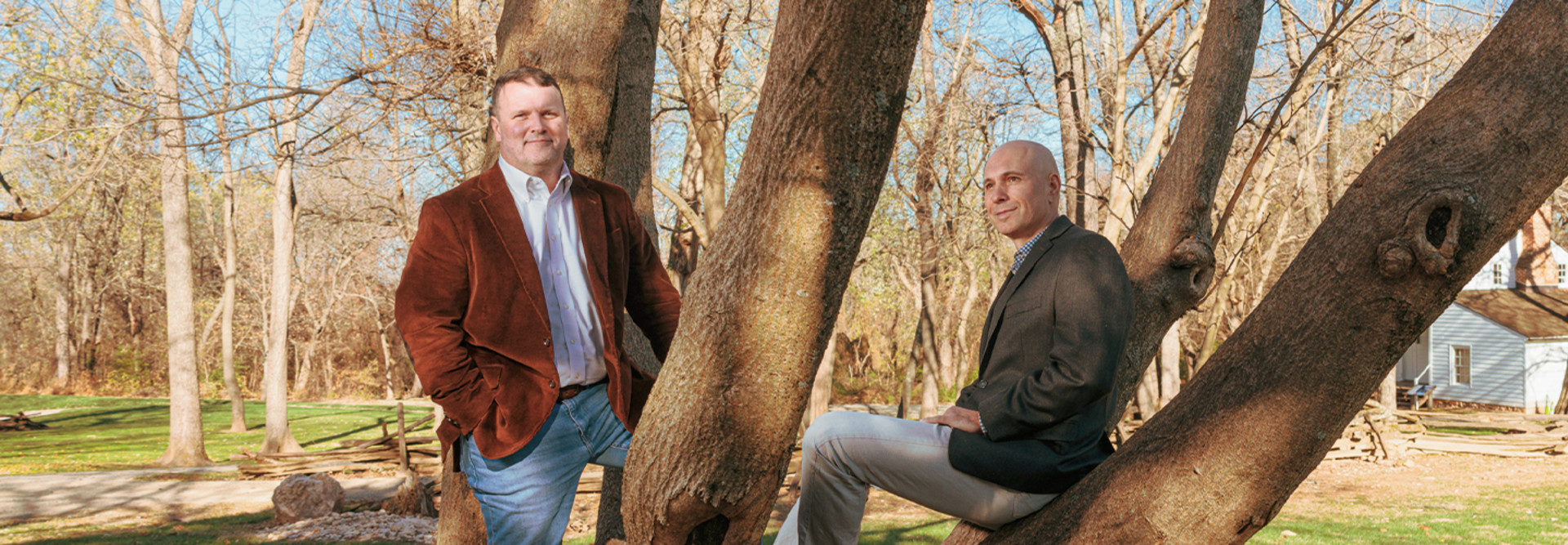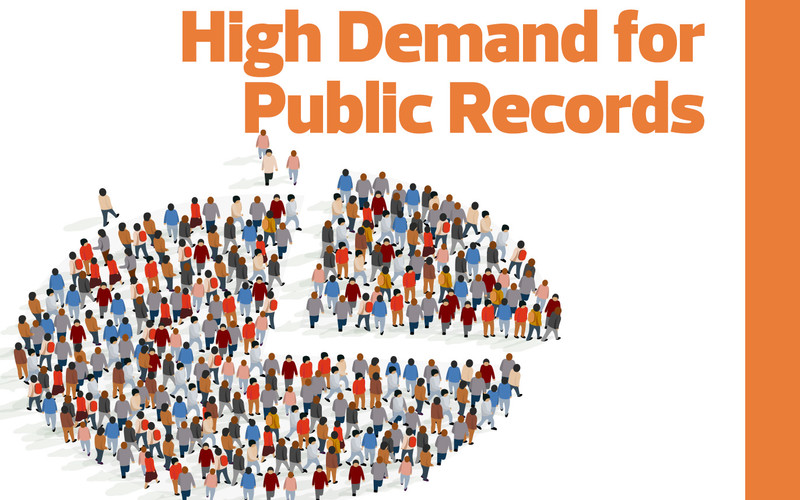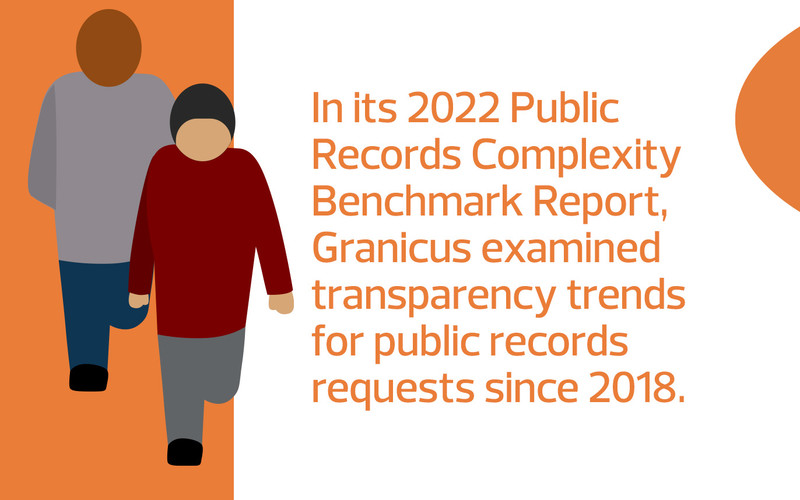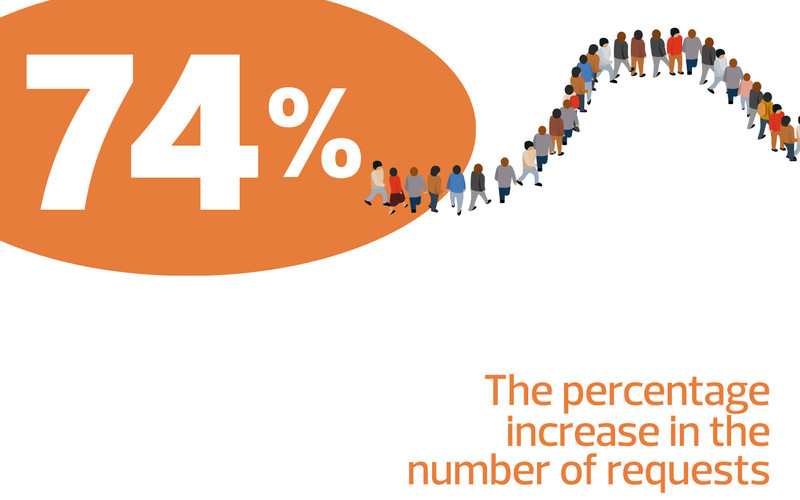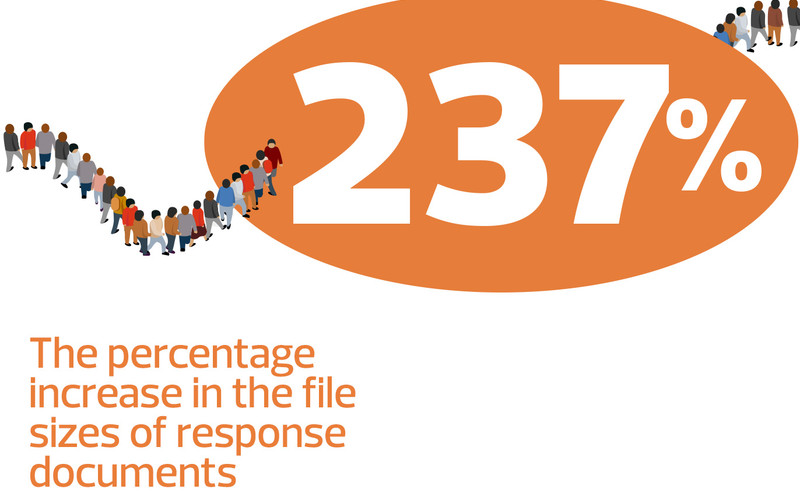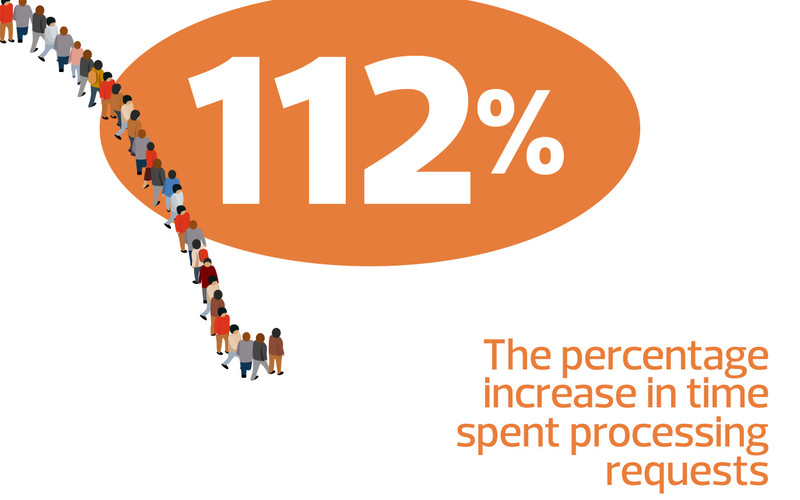It’s a challenge cities everywhere deal with all the time.
“How to improve citizen engagement,” says Matthew Kaiser, communications and marketing director for Fairfax, Va. “What can a local government do to help its citizens become more involved?”
Until relatively recently, Kaiser says, Fairfax had largely relied on what he describes as “buried” informational blurbs and graphics posted on the city’s website. If residents were willing to dig hard enough, they could find details about upcoming events and subscribe to project-related emails. They could also attend meetings at City Hall, if and when the timing worked with their schedules.
“The problem was nothing was convenient,” Kaiser says. “There are a lot of citizens who are interested in what’s happening in their community, but they may not participate if doing so isn’t easy.”
Click the banner below to receive curated cloud content by becoming an Insider.
With that in mind, in the summer of 2020, the city began to right the ship. With pandemic-related funding available from the federal government, Kaiser and Fairfax IT Director Mark Perry turned to Granicus, a Denver-based company that specializes in digital civic engagement products.
“They had everything down pat, ready to go,” Perry says. “We told them what we thought we needed, and then it was on to integration and implementation.”
Fairfax is doing exactly what every local government should make a priority, says Sam Higgins, a principal analyst with Forrester.
Pandemic-driven digital transformation has led to a shift in expectations when it comes to the bedrock of democratic society, Higgins says. “It is absolutely time for policymakers and public servants to consider new modes of civic engagement.”
How Granicus Helps Spark Conversation
Granicus’s EngagementHQ is a cloud-based platform with a suite of digital tools designed to help cities better connect with residents. Fairfax put it to work right away for its Connecting Fairfax City for All racial and social equity project, Kaiser says.
Because of the city’s important role in the Civil War, it has streets, monuments and markers that recognize and honor soldiers and other historical figures. In the wake of national protests against systemic racism sparked by the murder of George Floyd, city leaders hoped to gauge citizen sentiment about the abundance of Confederate names and imagery.
“We wanted to create a place where people could share their opinions and ideas relatively anonymously,” Kaiser says. “The Granicus launch gave us a way to have that conversation.”
LEARN ABOUT: How Santa Monica eases citizen interactions with city hall.
With the platform up and running, the city could easily develop surveys, share meeting dates, and produce and post videos of listen-and-learn sessions with Civil War experts and other thought leaders. Fairfax officials used the EngagementHQ reporting tool to capture and quantify the feedback they received, eventually using the information to rename more than a dozen city streets.
Citizens still had to go to the Fairfax city homepage to participate in the initiative, but for once it was clear what to do next: Simply hit the tab that says “Engage.”
Today, Kaiser says, the city uses the platform “to provide a level of transparency to residents that we never had before.” And the complaints the city used to field from citizens who missed meetings or said they didn’t know about important projects? That’s largely a thing of the past, he says, “because everything citizens need just takes a few clicks.”
Bringing Digitalization to Citizens' Front Door
In Lafayette, La., elected officials readily embraced digital transformation in civic engagement.
“We have a twofold mission here,” Lafayette CIO Randy Gray says of his department. “One is to find ways to be more efficient and save taxpayer dollars using technology. The other piece involves our ‘digital front door’: leveraging technology to better communicate and provide services to our citizens.”
While the city has expanded that door in numerous ways since Gray came on board in 2019, its biggest digital civic engagement initiative is an interactive, cloud-based system that’s integrated with its 311 service. The platform is built on Microsoft’s Dynamics 365 and Azure, and users access it through a customized website the city advertises as “Lafayette at your fingertips.” Citizens can use the site to report everything from off-leash animals to potholes.
DIVE DEEPER: How Buffalo’s 311 call center assists citizens virtually.
“You just scroll down, and all the buttons are right there,” Gray says. “You can create a login to track your request and make sure that whatever you’re reporting is taken care of, or you can just submit it and move on.” Citizens can still dial 311 and go about the process the traditional way, but they're increasingly leaning toward the digital version of the service instead.
“I’ve used it myself to report trash not being picked up,” Gray says. “Speaking as a resident, I can say it’s a whole lot smoother than calling in, waiting to be transferred and then trying to explain what you need. This way, it takes just a few seconds, and someone is on it right away.”
Meeting Citizens Where They Are
Easing communications between citizens and the city was also the goal when Eugene, Ore., kicked off its own civic engagement initiative a few months before the pandemic.
“Community engagement is hard. It takes a lot of work,” says Eugene Public Affairs Manager Brian Richardson. “We wanted to improve our ability to meet people where they are and give them some tools they can use to interact on their time as opposed to on ours.”
Like Fairfax, Eugene opted for the Granicus platform. Now, when a citizen goes to the city website, Engage Eugene is front and center. Visitors can browse a list of current city projects, and if anything strikes their fancy, they can ask questions, submit comments, participate in surveys and get more information, Richardson says.
DISCOVER: How government call centers can use conversational AI.
For one recent initiative, the renovation of a popular park, the city not only posted surveys to gather citizen feedback, but it also linked to two recorded public meetings about the project.
Richardson says his team has complete control over the pages hosted on the platform, while Granicus handles privacy and security features and monitoring as part of the subscription service. Anyone can access information through the system, but commenting on a project or participating in surveys requires registration.
“We ask for some demographic information, like the ward they live in and which decade they were born in, and we get an email address so we can send updates or provide more information about other projects they might be interested in,” Richardson says.



